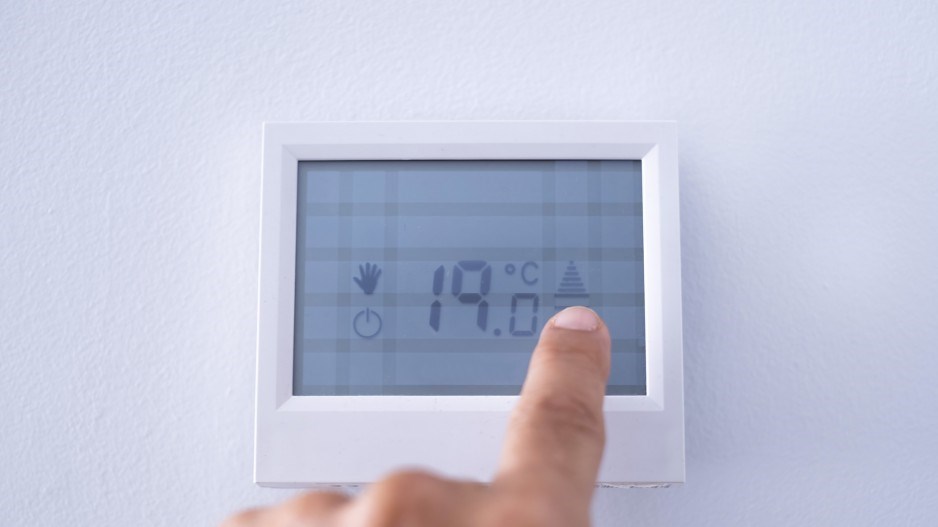BC Hydro set a new record for the highest August peak hourly demand – the hour customers use the most electricity – on Monday night when temperatures soared across much of the province.
Monday Aug. 14 saw consumption reached over 8,400 megawatts as British Columbians turned to air conditioning (AC) and fans in an effort to beat the heat. On average, heat waves can result in an addition of over 1,000 megawatts, which is the equivalent of turning on about 1 million portable AC units.
Electricity demand is expected to remain high until temperatures decrease. While the demand for power is higher-than-average with the hot temperatures, BC Hydro wants to assure its customers that its renewable and reliable, hydroelectric system can meet the additional demand. While the demand on the electricity system will be higher, it is about three-quarters of winter peak loads. BC Hydro records the highest demand for electricity in the winter months during the coldest and darkest days of the year.
BC Hydro encourages customers looking for ways to keep cool and save money during the heat wave to consider:
Closing the drapes and blinds: Shading windows can block out up to 65 per cent of the heat.
Shutting doors and windows: If the temperature outside is warmer than inside, keep doors and windows closed to keep the cooler air in and the warm air out.
Using a fan: Running a fan nine hours a day over the summer costs just $7.
Cooling with a heat pump: Because BC Hydro generates 98 per cent of its electricity from clean, renewable resources that are mostly powered by water, using a heat pump to cool in the summer and heat in the winter is more environmentally friendly than a system powered by gas. It is also more energy efficient than using multiple portable AC units. BC Hydro offers up to $3,000 in rebates for switching from a fossil fuel-based system, which can be combined with provincial and federal rebates for a total savings of up to $11,000 on cost and installation with some municipalities adding additional rebates on top of that.
Going ductless: If a central heat pump system is not an option for your home, ductless heat pump units are a great option while offering the same benefits of a central system.




